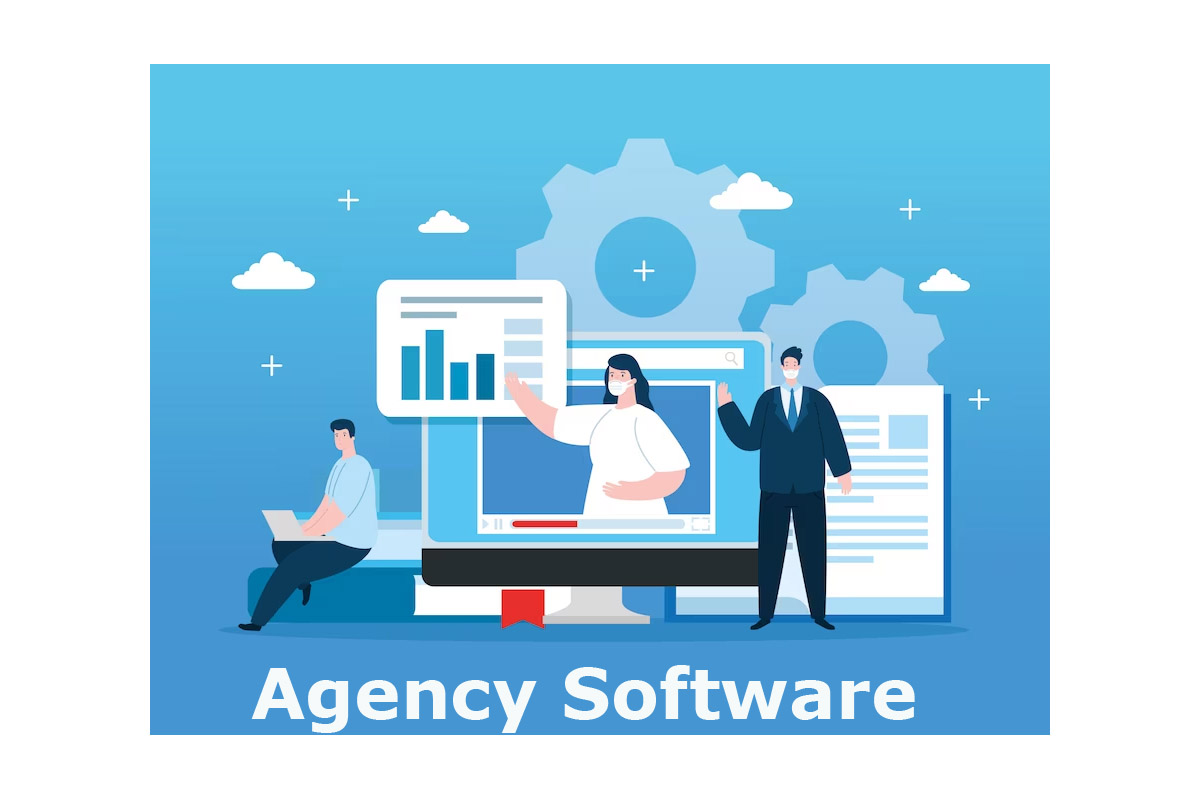Agency Software
Agency software generally refers to different tools designed to manage various aspects of business operations for agencies. These could include Client communication, project management, Collaboration, and financial tracking. Depending on these types, the agencies will be available.
The agency will be available depending on the type of Industry specific needs and the size of the Project. It would be helpful if you did proper research to find the best agency that suits your needs.
What are the Different Types of Agency Software?
- Project management tools: These tools will help agencies to track Resources timelines and Tasks for various projects. An example of this is Basecamp.
- Marketing and social media management tools: These help agencies To plan, schedule and analyze Marketing campaigns across different platforms. These tools include Buffer Hoot-suite.
- Analytics and reporting software: The data-driven agencies that analyze and report different data types can use Google Analytics, SEMrush, and Moz. This software help in Providing information on website Performance and SEO report.
- Client management software tools: CRM tools will help agencies manage client interaction, maintain and maintain databases, and Track leads. Examples of client management software tools are HubSpot And Salesforce.
- Recruitment and HR software: First Staffing is workable and helps management recruitment, employee onboarding, And HR process. This Software can be used.
- Billing and invoice software: To manage the financial aspects of invoice Expenses and bookkeeping, this Software is used. Examples of the Software are Xerox and QuickBooks.
- Design and Creativity software tools: Agencies that deal with video production, graphic designs, and more Will you use the Software? Example of the Software is Adobe, Canva, and Cloud.
- Collaboration software: This Software is designed to collaborate with clients or service providers. Examples of these tools are Microsoft Teams and Google Workspace.
What are the Benefits of Software Agencies?
Since we have seen different types of software agencies, here are some of the benefits of it For businesses:
Software agencies help businesses stay organized by centralizing data, details of the client, and Project details. This will enhance the Collaboration and ensure that both parties are on the same page. It also keeps the data safe so that nothing is missed out.
Many agencies offer communication features such as collaborations and integrated messaging. This will improve the communication between the client and the service provider, leading to better outcomes.
Some software agencies provide data security features that protect the client’s sensitive information and proprietary data from unauthorized access.
Agency software reduces the amount of work by streamlining processes and automating tasks. That will save time. This will help the team To focus on more strategic and creative features of their work.
Agency software will help manage the project timeline, monitor progress, and allocate resources. This help in better project planning pandit on-time delivery.
Many agencies’ Software can integrate other Software that will Improve the agency tech stack. This will also help in minimizing duplicate data entry and improve overall workflow.
Depending on the Software, agencies can provide customized settings and features aligning with Dev-specific needs and workflow.
While there might be an initial investment in Software, the long-term cost savings come from improved efficiency, reduced errors, and optimized resource allocation.
As agencies grow, Software can accommodate the increasing volume of work, clients, and projects. This scalability is essential for managing expansion without significant disruptions.
Conclusion
In summary, agency software can optimize operations, enhance Collaboration, and improve overall productivity, leading to better outcomes and a competitive superiority in the marketplace.

